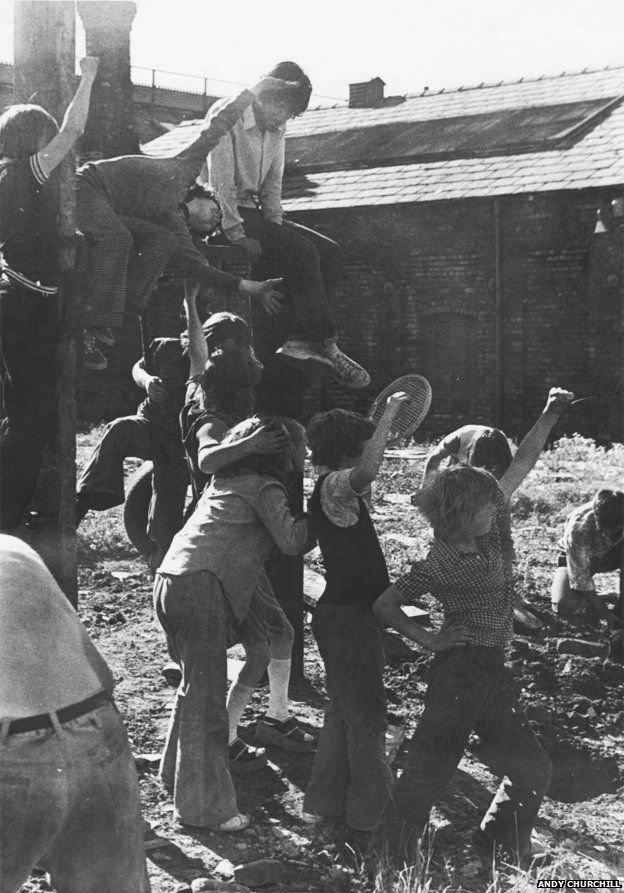
In the 1970s, idealistic young activists created a wave of experimental schools – no compulsory lessons, no timetables, no rules (…) “no headmaster, nor hierarchy nor recognise any central authority, but be controlled by the parents, children and teachers together”, the Times Educational Supplement reported in December 1970 (…) There were trade unionists, parents, community activists. It became a destination for idealistic university students. The school had to move frequently to find affordable spaces big enough for the growing numbers (…) There would be no timetable, no compulsory lessons, no uniform, no hierarchy. Teachers would be called by their first names. The children would make up the rules and decide what they wanted to learn. There’d be no fees, fixed hours, term times or holidays. They were to be schools without walls – and open whenever the community wanted them. Many of them quickly folded – with some communities not receptive to the idea of educational anarchy. But a few put down solid roots.
“Free schools” mushroomed in the UK in the 1970s, but few survive. State school heads who tried to implement A.S. Neill’s ideas – notably at Risinghill in London –were smartly removed. Half Summerhill’s 68 pupils are from overseas, many from east Asian countries where some parents find the schooling too rigid.
References
- Tom de Castella, The anarchic experimental schools of the 1970s, BBC News Magazine, 21 October 2014
- Peter Wilby, Summerhill school: these days surprisingly strict, The Guardian, 27 May 2013
Image available here
